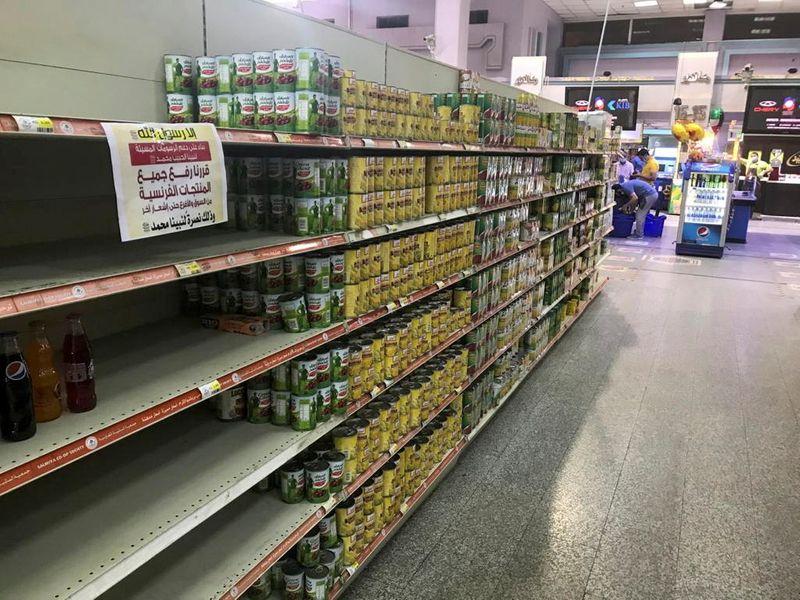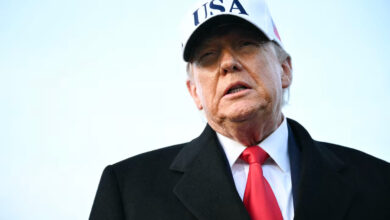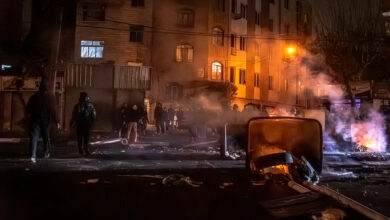
KUWAIT/PARIS (Reuters) – Kuwait’s retail co-ops have pulled French products in boycott over the use of cartoons of the Prophet Mohammad in a French school class on freedom of expression whose teacher was then beheaded by a Chechen teenager.
France’s foreign affairs ministry said there had been calls to boycott French products, notably food products, in several Middle Eastern countries as well as calls for demonstrations against France over the cartoons.
Muslims see any depiction of the Prophet as blasphemous.
“These calls for boycott are baseless and should stop immediately, as well as all attacks against our country, which are being pushed by a radical minority,” the ministry said.
The ministry also called on authorities to speak out against such boycott actions in order to help French companies and ensure the safety of French citizens.
In Kuwait, the non-governmental Union of Consumer Co-operative Societies, which groups more than 70 establishments, issued the boycott directive in an October 23 circular. Several co-ops visited by Reuters on Sunday had cleared the shelves of items such as hair and beauty products made by French companies.
Union head Fahd Al-Kishti told Reuters the products had been removed in response to “repeated insults” against the Prophet.
The co-ops, some the size of hypermarkets, carry government-subsidised staples and account for a big part of retail in Kuwait. Kuwait’s imports from France stood at 255 million dinars in 2019, according to Kuwait’s Central Statistics bureau.
Kuwait’s foreign minister, who met the French ambassador on Sunday, condemned the October 16 killing as a horrendous crime but stressed the need to avoid insulting religion in official and political remarks that “inflame hatred, enmity and racism”, the ministry tweeted.
Pakistani Prime Minister Imran Khan also said on Sunday President Emmanuel Macron had “attacked Islam” by encouraging the display of the cartoons.
France recalled its ambassador to Turkey on Saturday after Turkish President Tayyip Erdogan said Macron, who this month declared war on “Islamist separatism”, needed mental help over his attitude towards Muslims.
The beheading, in which the assailant was shot dead, carried echoes of the Islamist attack in 2015 on the offices of satirical magazine Charlie Hebdo after it republished the cartoons.
After a Danish paper first published the cartoons in 2005, protests and boycotts on Danish goods swept the Islamic world.
Reporting by Ahmed Hagagy in Kuwait, Marwa Rashad in Riyadh and Geert De Clercq in Paris; Writing by Ghaida Ghantous; Editing by Alison Williams and Raissa Kasolowsky




